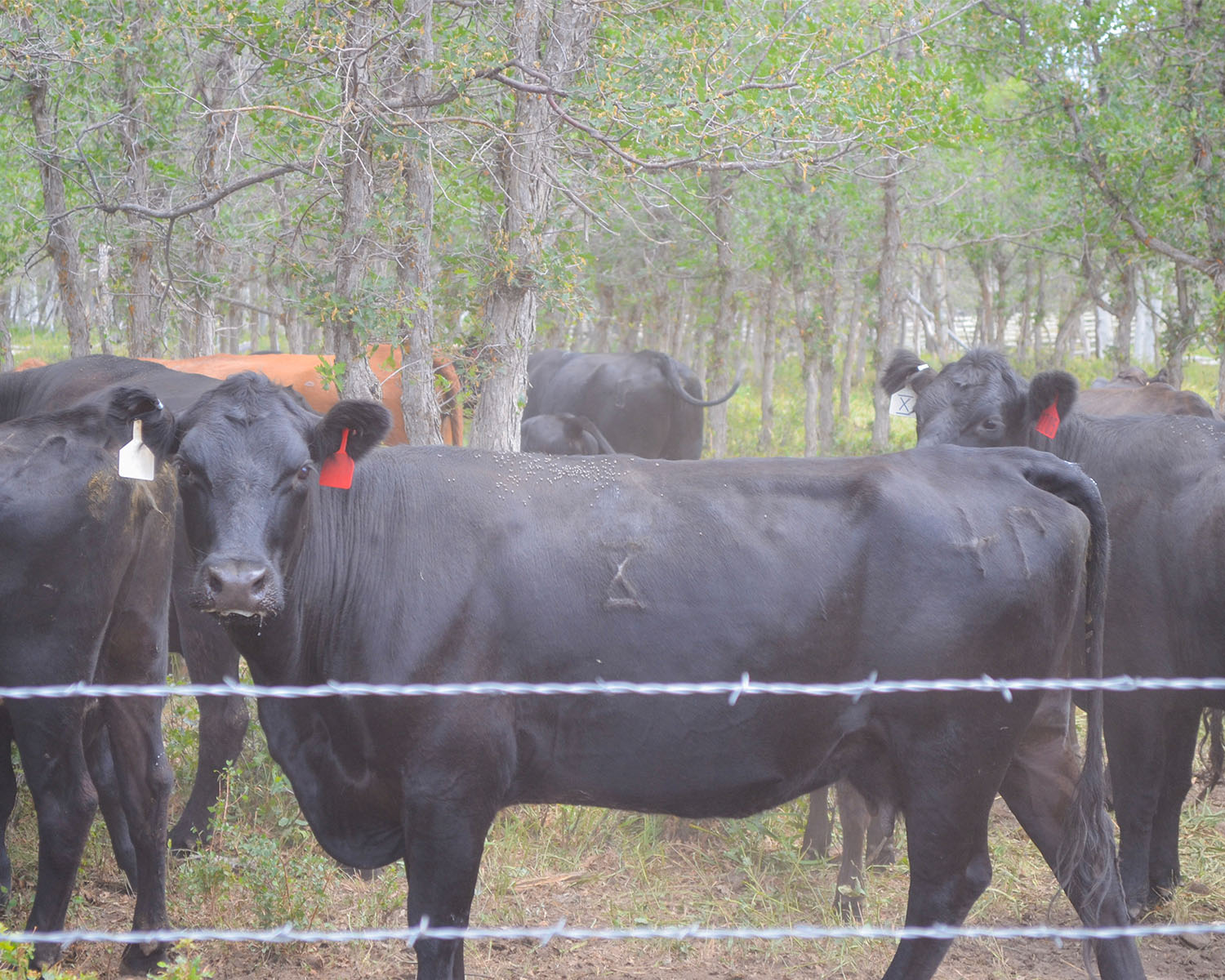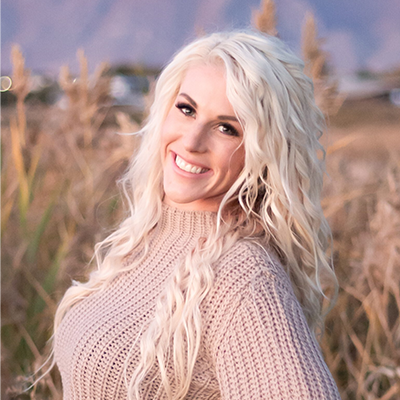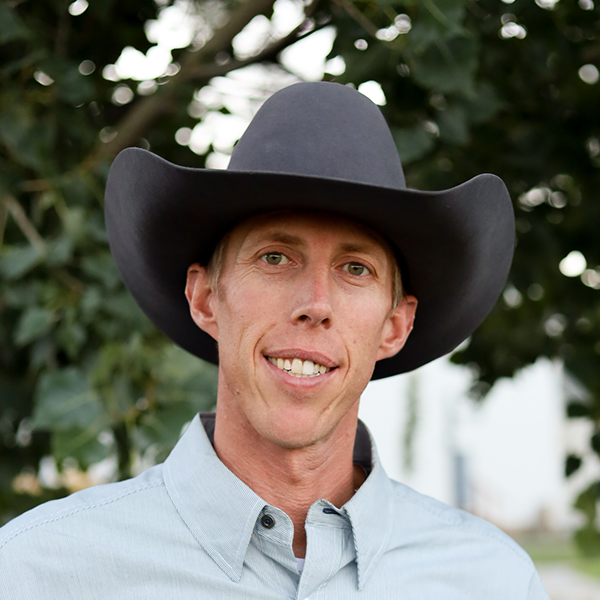Like so many things right now, horse prices are really high. And whether you want to blame it on inflation, Covid-19, or flat-out scarcity, this cost scenario doesn’t look to turn around for at least a few years. In the meantime, you might be thinking that raising horses could generate additional revenue for your ranch. But step back: You need to consider the aspects of raising horses versus buying them. There is more to raising horses than you’re probably aware of, and Redd Summit Advisors has a few thoughts on the topic.
The Many Aspects of Raising Horses
As you think about the economics of raising horses, realize that breeding programs have increased dramatically over the last few years—and soon—the number of using-age horses is likely going to explode in the marketplace and drive prices back down. No matter when this happens, here are some things to weigh out:
What It Takes to Build Your Reputation. If you intend to sell horses, think about marketing and how you’re going to get your name out there. Many horses sell based on reputation, which can be a hard thing to establish if you’re just starting out. And very few programs get to the level of King Ranch, 6666, and other high-reputation breeders.
What It Takes to Maintain the Remuda. It may cost you $3,000-$4,000 to bring a young horse to a mature using age, but you also must figure in the carrying costs of the breeding stock used to generate the offspring; all these expenses combined have to be absorbed by the profit centers of your ranch. To clarify this further, an average, well-broke gelding may be worth $5,000-$7,000, but you also have to subtract his carrying cost plus that of your breeding stock. In the end, what’s the value of your cost recovery? Will you be breeding horses of high enough quality so that additional sales plus cull sales will generate enough revenue to offset costs?
More questions to ask before choosing to raise horses for profit:
- Do you have the talent required to train horses up to the point of utility?
- Do you have a place where you can get quality breeding horses?
- Are you willing to provide the higher-cost nutrition needed by growing horses and breeding mares?
- Do you only ride geldings? If so, what’s your plan for the fillies?
- If you plan to sell horses, do you have a market for your bloodlines and abilities, or would you need to transition?
- Would you buy a stallion, or would you send mares to the stud?
- Do you have facilities to house mares and stallions?
- Do you see raising horses as a cost center necessary for operations, or are you attempting to make it a profit center?
Buying Horses Is Often a Matter of “Where Can I Find Them?”
Sometimes raising using-age horses on your ranch just doesn’t make economic sense. If you’ve purchased horses for your ranch in the past, you may have an ongoing relationship with a seller that you can utilize. But if not, here are some ideas for locating a horse:
- Contact ranchers in your area and ask if they’d be willing to sell. It’s possible you could pick up a young horse and train it yourself to help lower the cost. Or maybe you could trade a commodity or service to bring the price down on a using-age horse.
- Check www.equinenow.com or one of the many classified ad websites out there like www.ranchworldads.com and www.equine.com. These online marketplaces are searchable across the U.S. and world and can help you connect with reputable sellers.
- Review horse ranch websites. Many ranches have horses for sale on their websites on a regular basis. Some also hold annual sales and auctions that you can participate in either live or online.
If you’re still having trouble finding an experienced ranch horse, you might be able to find a non-ranch one with a good mindset that can adapt to ranch tasks. Be open to this possibility because it will help you conduct your search from a wider perspective.
Conclusion
Horses are indispensable assets to ranchers and will continue to be for generations to come. As providers of Livestock Risk Protection (LRP) insurance and Pasture, Rangeland, and Forage (PRF) insurance, Redd Summit Advisors understands this value well and backs ranchers with coverage that helps protect those bottom lines. For more information about marketing, livestock production, and insurance for your ranch business, visit our blog and then subscribe to stay informed.





.webp)





